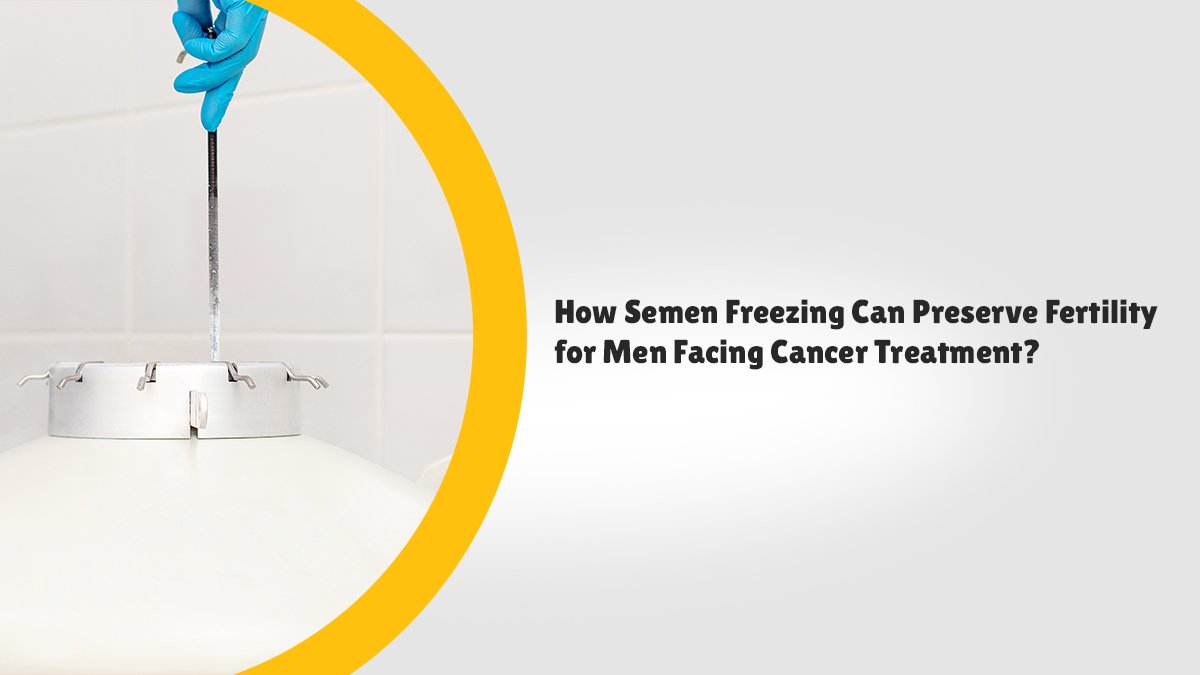Can diet and lifestyle influence IUI success? Intrauterine insemination (IUI) is a widely used fertility treatment that helps couples conceive by placing sperm directly into the uterus during ovulation. While the procedure itself is straightforward, many couples wonder if they can improve their chances of success through diet and lifestyle changes. The answer is yes. Optimizing overall health can enhance fertility, improve egg and sperm quality, and create a more favorable environment for implantation.
The Role of Diet in IUI Success
A well-balanced diet plays a crucial role in reproductive health. Proper nutrition can regulate hormones, improve egg and sperm quality, and support overall reproductive function. Here are some essential dietary recommendations for individuals undergoing IUI:
Focus on Fertility-Boosting Foods
Fruits and Vegetables: Rich in antioxidants, vitamins, and minerals, they help reduce oxidative stress, which can negatively affect egg and sperm health. Leafy greens, berries, carrots, and citrus fruits are excellent choices.
Whole Grains: Brown rice, quinoa, and whole wheat provide sustained energy and help regulate insulin levels, which can be crucial for those with polycystic ovary syndrome (PCOS) undergoing IUI.
Healthy Fats: Omega-3 fatty acids, found in fish like salmon, flaxseeds, and walnuts, support hormone production and improve embryo implantation chances.
Lean Proteins: Chicken, fish, eggs, and plant-based proteins like lentils and chickpeas provide essential amino acids necessary for cell development.
Dairy Products: Studies suggest that full-fat dairy may positively influence fertility compared to low-fat options. Greek yoghurt, milk, and cheese can be beneficial additions.
Nutrients Essential for Fertility
Folic Acid: Crucial for DNA synthesis and early fetal development. Found in leafy greens, citrus fruits, and fortified grains.
Vitamin D: Supports hormonal balance and ovulation. Sunlight exposure and foods like fortified milk, mushrooms, and salmon can help.
Iron: Prevents ovulatory issues. Sources include spinach, beans, and lean meats.
Zinc and Selenium: These trace minerals improve egg and sperm quality. Nuts, seeds, and seafood are excellent sources.
Lifestyle Changes to Enhance IUI Success
Besides dietary adjustments, lifestyle changes can significantly impact fertility and improve IUI outcomes. Implementing healthy habits can boost the chances of conception and create an optimal environment for embryo implantation.
Maintain a Healthy Weight
Both underweight and overweight individuals may face challenges with conception. Maintaining a healthy body mass index (BMI) helps regulate ovulation and improves the effectiveness of IUI. Regular exercise and a balanced diet can assist in achieving and sustaining an ideal weight.
Manage Stress Effectively
Stress can negatively impact reproductive hormones and reduce the success rate of IUI. Techniques such as yoga, meditation, deep breathing exercises, and counseling can help manage stress levels. Engaging in hobbies and spending time with loved ones can also be beneficial.
Exercise Moderately
Regular physical activity improves blood circulation, reduces inflammation, and helps maintain hormonal balance. However, excessive exercise can have the opposite effect, so moderate activities like walking, swimming, and light strength training are recommended.
Get Adequate Sleep
Quality sleep is crucial for hormonal regulation. Aim for 7-9 hours of restful sleep per night. Avoid screens before bedtime and establish a consistent sleep schedule to improve overall reproductive health.
Limit Caffeine and Alcohol Consumption
High caffeine intake (over 200 mg per day) has been linked to decreased fertility. Limiting coffee, energy drinks, and certain sodas can improve IUI outcomes. Similarly, excessive alcohol consumption can disrupt hormone levels, so moderation is key.
Avoid Smoking and Environmental Toxins
Smoking negatively affects egg and sperm quality and reduces the chances of successful implantation. Additionally, exposure to environmental toxins from plastics, pesticides, and chemicals can impact fertility. Opting for organic produce and using glass or stainless-steel containers instead of plastic can help reduce exposure.
Partner’s Role in Improving IUI Success
Male fertility also plays a vital role in the success of IUI. Sperm health can be improved through:
- Consuming antioxidant-rich foods such as nuts, seeds, and colorful fruits.
- Staying hydrated and avoiding excessive heat exposure (e.g., saunas, hot tubs, and tight clothing).
- Reducing stress and engaging in regular physical activity.
- Avoiding alcohol, smoking, and recreational drugs.
The Role of a Fertility Clinic in IUI Success
Choosing the right fertility clinic is crucial in optimizing IUI success. Clinics like Yellow IVF provide personalized care, advanced fertility treatments, and expert guidance on dietary and lifestyle modifications to improve reproductive outcomes. Fertility specialists such as Dr. Sonu Taxak play a key role in assessing individual cases and recommending the best approaches to enhance the likelihood of conception.
Conclusion
Diet and lifestyle modifications are essential factors in improving IUI success. A nutrient-rich diet, regular exercise, stress management, and healthy habits create an optimal environment for conception. By working closely with a fertility specialist and making these positive changes, couples can significantly improve their chances of achieving a successful pregnancy.




